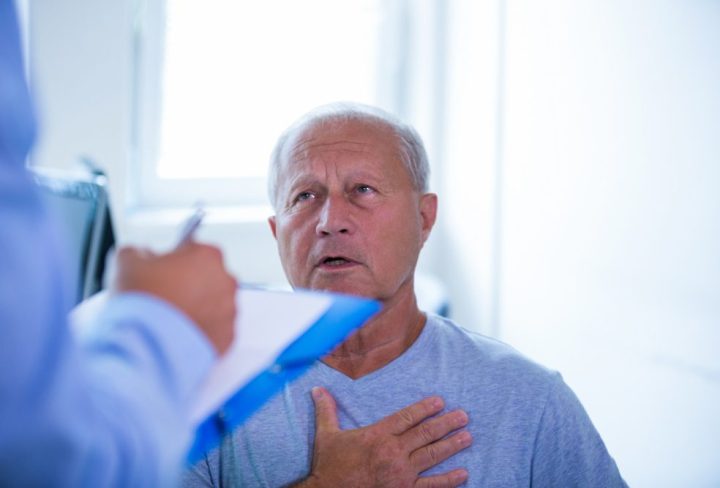What is Esophageal Cancer?
Esophageal cancer is a disease where cells in the esophagus grow out of control. The esophagus is the tube that carries food from your mouth to your stomach. When these cells become cancerous, they can form a tumor. Early signs of esophageal cancer can be hard to notice. However, knowing about this cancer helps you spot problems early. According to the World Health Organization (WHO), esophageal cancer is a serious health concern worldwide.
Symptoms of Esophageal Cancer
Often, symptoms do not appear until the cancer has grown. Still, it is important to watch for warning signs. Early detection can improve treatment outcomes. Common symptoms include:
If you notice any of these symptoms, you should see a doctor. Early signs of esophageal cancer can be subtle, so do not ignore changes.
Causes and Risk Factors
Doctors do not know the exact cause of esophageal cancer. However, certain factors can raise your risk. Understanding these can help you make healthy choices. The main risk factors include:
In addition, certain medical conditions, like Barrett’s esophagus, can increase risk. The Centers for Disease Control and Prevention (CDC) lists these as common risk factors.
Diagnosis Methods
Doctors use several tests to diagnose esophageal cancer. Early diagnosis can lead to better treatment results. If you have symptoms, your doctor may suggest:
Doctors use these tests to find out the stage of the cancer. This helps them choose the best treatment.
Treatment Options
Treatment for esophageal cancer depends on the stage and your health. There are several esophageal cancer treatment options. Your doctor will discuss the best plan for you. Common treatments include:
Sometimes, doctors use more than one treatment. For example, you might have chemotherapy before surgery. New treatments are being studied in clinical trials.
Prevention Tips
While you cannot prevent all cases, you can lower your risk. Preventing esophageal cancer starts with healthy habits. Try these tips:
Making these changes can help protect your esophagus. The CDC and WHO recommend these steps for cancer prevention.
Lifestyle Guidance for Patients
Living with esophageal cancer can be challenging. However, support and good habits can make a difference. Here are some helpful tips:
Remember, you are not alone. Many people find comfort in talking to others who understand.
In summary, knowing the symptoms, causes, and treatment options for esophageal cancer can help you stay healthy. If you have concerns or notice early signs of esophageal cancer, consult a gastroenterologist for personalized advice on esophageal cancer.

